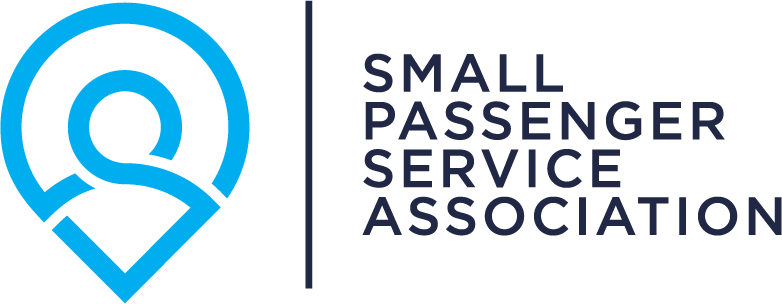'Double-dipping taxi drivers' working 100 hours a week', federation claims
The NZ Taxi Federation claims "double dipping" drivers working two jobs are a safety hazard and the practice is widespread.
Federation executive director John Hart said industry deregulation last year had made it very easy for anyone to set up as a small passenger vehicle operator using rideshare apps such as Uber or Zoomy.
Taxi and rideshare drivers can work up to 13 hours a day, but any paid employment counts towards the total, and has to be recorded in driver log books.
Hart said that rule was being ignored, and increasing use of magnetic signage on taxis meant drivers could simply whip off company logos and work for the competition when it suited them.
"There's very little enforcement of what slack laws there are, [police and the NZ Transport Agency] are really too busy and take very little notice of taxis, they just don't have the enforcement people on the ground.
"I don't have any proof of excessive hours but, I don't have any doubt some are working 100 hours a week.
"A lot of them are one man bands because all they need is a transport service licence and a P (passenger) endorsement, which is relatively easy to get."
Fatigue had been identified as a serious cause of road accidents so "we're sitting on a time bomb by allowing these people to have a normal job, and then drive a small passenger vehicle at night."
Hart said a federation member was present when a transport agency (NZTA) officer inspecting a Christchurch taxi driver's log realised he had stopped the same man earlier in the day at the wheel of a truck. "He was in his twentieth hour of driving."
A Christchurch taxi driver who complained to NZTA about drivers potentially working 100 or more hours a week received a reply from the agency saying that "most certainly" was happening, and it didn't help that some taxi companies allowed their drivers to work for Uber as well.
Larger taxi companies, such as Christchurch's Gold Band, ban their drivers from working for competitors and general manager Graham Moore said they had in the past "kicked out" those caught doing that.
"I don't want it to come across as sour grapes, competition is good and I don't have a problem with it, but I just want everybody to be playing by the same rules."
Do you know more about this story? Contact amanda.cropp@stuff.co.nz
Hart said he had told Transport Minister Phil Twyford it was time to review the impact of deregulation and the minister said he was taking advice on the industry's concerns.
Uber treats its drivers as independent contractors and they are free to work for other companies. Zoomy has the same policy, as does newest rideshare entrant, Ola, which is currently recruiting drivers.
NZTA's senior manager regulatory compliance Debbie Despard said there was no requirement for taxi or rideshare drivers to tell the agency who they worked for, and the responsibility was on the companies to make sure their drivers abided by work time rules.
A national operation late last year indicated compliance was "reasonably high" and she did not believe breaches were as widespread as suggested by the Taxi Federation.
The agency has 38 staff enforcing regulations covering taxis, buses, trucks and other commercial vehicles and, together with additional input from the police, Despard said they had sufficient resources to monitor the taxi industry.
She was unable to provide figures on the number of taxis operating in New Zealand or on how many companies had been deregistered for breaking the rules, and said Stuff would have to wait for the outcome of an Official Information Act request.
